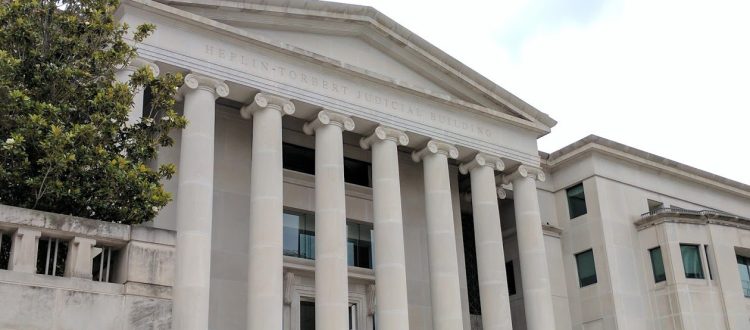The Alabama IVF Decision
The Alabama IVF Decision
“We believe that each human being, from the moment of conception, is made in the image of God, created by Him to reflect His likeness.… All three branches of government are subject to a constitutional mandate to treat each unborn human life with reverence. Carving out an exception for the people in this case, small as they were, would be unacceptable to the People of this State, who have required us to treat every human being in accordance with the fear of a holy God, who made them in His image.” Parker, Chief Justice, concurring opinion in LePage and Fonde v. The Center for Reproductive Medicine, P.C., et al. [1]
Alabama’s Supreme Court ruled on February 16, 2024, that microscopic embryos created through in vitro fertilization (IVF) are “children” whose life begins at fertilization under the Alabama Wrongful Death of a Minor Act. The Alabama case came about because cryopreserved embryos stored at a fertility clinic were accidentally destroyed.
IVF is a demanding process that involves retrieving eggs and then fertilizing them with sperm, some of which develop into embryos; the embryos are then screened to determine which are viable, and then patients may choose to have one of the viable embryos implanted in their uterus. Excess embryos can be frozen for potential future pregnancies, donated to other families or research, or discarded. By some accounts, there are currently over a million and a half embryos frozen in storage across the country.
The Alabama Supreme Court’s decision does not extend past the boundaries of the state. Thankfully, the damage caused by this decision has been somewhat mitigated by a bill passed by the Alabama State Legislature, granting civil and criminal immunity for IVF service providers and recipients. The new statute allows patients and clinics to resume IVF treatments without legal consequences, should embryos be damaged or destroyed during storage, shipment, or a medical procedure.
However, in disappointing news, a bill entitled the “Life at Conception Act” was introduced in the United States House of Representatives on January 20, 2023. This bill declares that the right to life guaranteed by the United States Constitution is vested in each human being at all stages of life, “including the moment of fertilization, cloning, or other moment at which an individual comes into being.”
Two bills, both called the Access to Family Building Act, have been introduced in the United States House of Representatives and Senate to protect access to IVF and other assisted reproductive technology nationwide. Unfortunately, given Republican opposition in both the House and Senate at this time, it is quite unlikely to become the law of the land.
It is estimated that IVF assists with 1-2% of all births in the United States annually, or about 4 million births per year. IVF is an important and vital tool for fertility, widely considered the most successful fertility treatment available. It assists all kinds of people and couples seeking to conceive, and allows more and more people to become parents and start their families. Attacks on IVF access continue to emphasize the importance of choices for every parent in America to decide how to create or expand their own families.
[1] LePage, et al. v. The Center for Reproductive Medicine, P.C., et al. (Ala. S. Ct. 2024). Accessed March 13, 2024. https://publicportal-api.alappeals.gov/courts/68f021c4-6a44-4735-9a76-5360b2e8af13/cms/case/343D203A-B13D-463A-8176-C46E3AE4F695/docketentrydocuments/E3D95592-3CBE-4384-AFA6-063D4595AA1D

